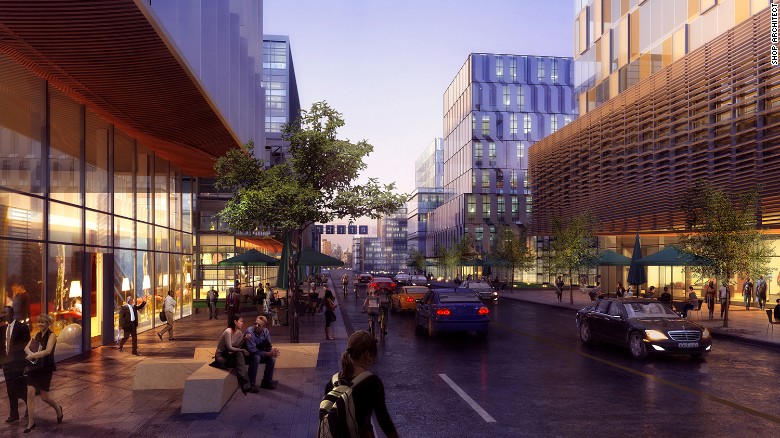The Potential Of Smart Cities To Improve Urban Living In Africa
Over the years, the concept of smart cities has gained significant attention worldwide as a means to address the challenges of urbanization and improve the quality of life for residents. Africa, with its rapidly growing urban population, is no exception to this trend.
Smart cities offer the promise of leveraging technology and data-driven solutions to create more sustainable, efficient, and livable urban environments. In this article, we explore the potential of smart cities to transform urban living in Africa and highlight some notable initiatives across the continent.
Harnessing Technology for Efficient Infrastructure
One of the key features of smart cities is the integration of technology into urban infrastructure. From energy and transportation to waste management and water systems, smart solutions have the potential to make these services more efficient and sustainable.
In Africa, cities such as Cape Town in South Africa and Kigali in Rwanda have started implementing smart grids to optimize electricity distribution, reduce energy consumption, and enable better management of power outages.
Enhancing Urban Mobility and Transportation
Transportation is a critical aspect of urban living, and smart cities aim to revolutionize the way people move within cities. Intelligent transportation systems can ease traffic congestion, improve public transportation networks, and enhance the overall mobility experience.
Nairobi, the capital city of Kenya, has introduced a bus rapid transit system that utilizes smart technologies, including electronic ticketing and real-time data analysis, to provide commuters with efficient and reliable transportation options.
Improving Safety and Security
Public safety is a top priority for any city, and smart technologies offer innovative solutions to enhance security measures. In Lagos, Nigeria, the state government has implemented a smart city initiative that includes the deployment of surveillance cameras, emergency response systems, and facial recognition technology to monitor public spaces and improve law enforcement capabilities. These measures aim to create safer environments for residents and deter criminal activities.
Promoting Sustainable Resource Management
Sustainability is a crucial aspect of smart cities, particularly in Africa where environmental challenges are significant. Smart technologies enable cities to manage resources more efficiently, reduce waste, and promote renewable energy solutions.
Accra, the capital city of Ghana, has implemented a waste management system that employs sensors in trash bins to optimize waste collection routes and ensure timely disposal, minimizing environmental impact.
Enhancing Citizen Engagement and Participation
Smart cities foster citizen engagement by leveraging technology to facilitate communication and collaboration between residents and local authorities. Through mobile applications and online platforms, citizens can report issues, provide feedback, and participate in decision-making processes.
In Tunisia, the city of Sfax has introduced a participatory platform that allows residents to voice their concerns, propose ideas, and contribute to the development of their neighborhoods, promoting a sense of ownership and community involvement.




